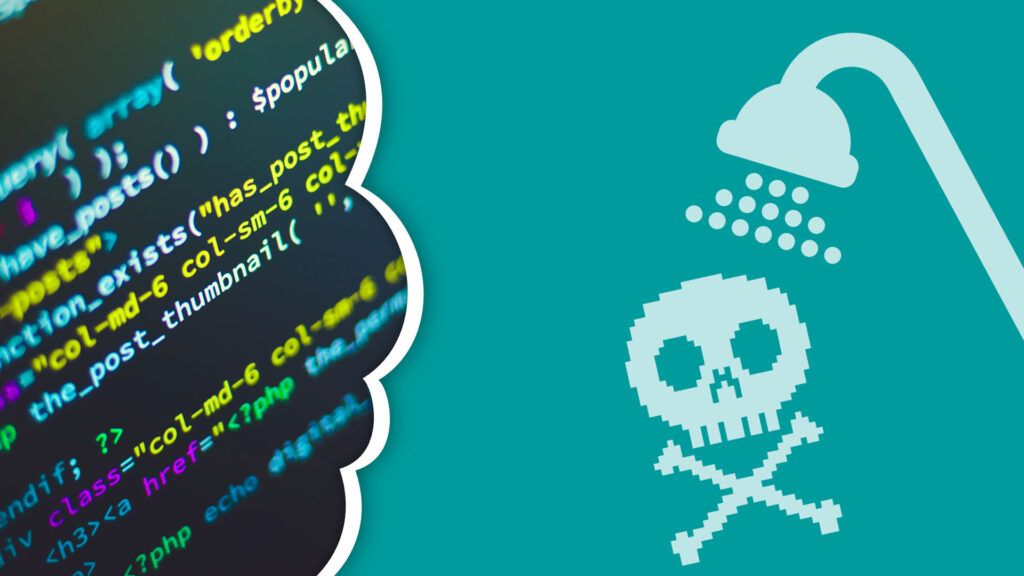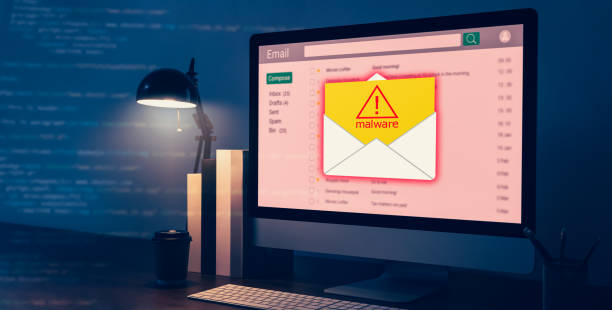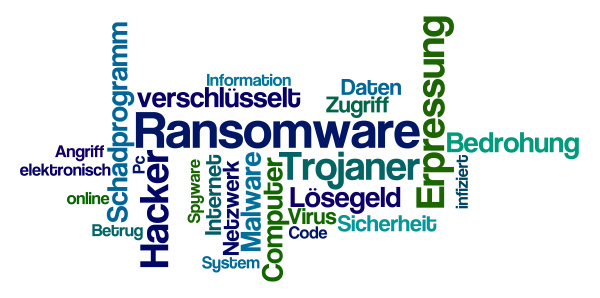A Clean Slate: Tackling Malware on Your WordPress Website

How do I remove malware from a WordPress website? If you believe a hack or dubious task on your website, it can be a stressful experience. You need to make sure before you can identify the factor or the option. Don’t stress; we will help you eliminate malware from WordPress, determine the reason, and conserve…
Hardening WordPress: Essential techniques to secure your website from malicious attacks

Introduction to WordPress Security Understanding the Importance of Website Security In today’s digital age,website security is of utmost importance. With the rise in cyber threats, it has become essential to protect your website from malicious attacks, malware infections, and other potential vulnerabilities. This subchapter aims to provide a comprehensive understanding of why website security is crucial,…
How to check a WordPress website for malware and secure it?

When we decompose WordPress, we get three main parts: WP Core, WordPress Plugins, and WordPress Themes. If these elements are not handled well, they leave the door open for hackers to get in. Web developers in their first year, content writers who want to blog about their favorite topics, and people with no technical knowledge make…
Defending Your WordPress Castle: Best Practices for Account Security

Although WordPress is relatively easy to use and thoroughly tested the software, errors occasionally occur. These errors can range from frustrating to damaging, depending on the complexity of the problem and the consequences of your website failing. Downtime can be expensive and should be kept to a minimum. What is a WordPress error? While the causes vary, the results are often similar. When an error occurs, your…
Most common causes of WordPress website hacks and how to stop it

First of all, it’s not just WordPress. All websites on the web are at risk of hacking. WordPress websites are so often targeted because WordPress is the globe’s most preferred website contractor. It supports over 43% of all internet sites or numerous millions of sites worldwide. This appeal makes it easy for hackers to find…
18 Ways to Harden the Security of Your Website

Some systems are hard to hack, but most of the time, websites get hacked because they are vulnerable, and basic security measures still need to be taken. In this post, we will discuss how to harden your WordPress website. Related: A Beginner’s Guide To Hardening WordPress Security Before you start We’ve organized the listing with…
How can “The Site Ahead Contains fix Malware” errors on a WordPress website?

If you have observed a big red warning sign on your WordPress website that claims “The Site Ahead Consists Of Malware,” your site is contaminated with malware or has been hacked. And what’s worse? Google has detected the malware and delisted your WordPress website. But before you panic, we can assure you that we can…
Can you get viruses or malware just because you visit a website?

It is a question that concerns many people, mainly because virus and malware infections are on the rise. And because most Internet users go online to access all sorts of websites. But besides this question, many others are all interconnected. What types of websites contain viruses? Do you need to do something specific to get…
A beginner’s guide to hardening WordPress security

There are various reasons why website owners and managers love WordPress. But one important reason why even hackers love it is its popularity. Hackers are constantly searching for methods to break into WordPress websites. Fortunately, there are some measures you can take to protect your site from such threats. WordPress hardening is a proven method…
How to Secure Your WordPress Website Against malware Infection

WordPress is one of the most popular content management systems currently available. It is also a favorite vehicle for hackers to infiltrate websites and spread malware. However, with a few simple precautions, you can prevent your WordPress website from being hacked. Malware is any software that is intentionally designed to cause disruption to computers, servers, clients, or computer networks, leak private information,…